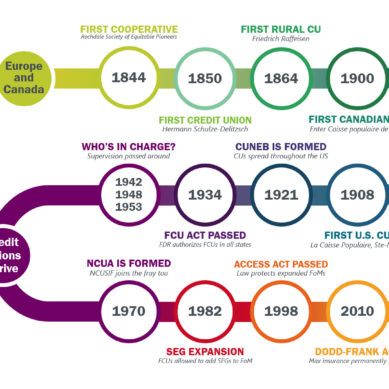While reading about the recent Robles vs Domino’s Pizza web accessibility case, there is a sentiment that I have come across several times that I struggle with. The Supreme Court decided not to hear the case, which is being called a win for disability advocates. Can this really be considered a win for disability advocates or is it more of a win for disability lawsuit advocates?
No matter the conclusion, this is a landmark case, the outcome of which will impact all businesses with a web presence. It is certainly putting web accessibility back in the spotlight. There is no better time than now to look at your own website to determine if it is fitting the needs of all members of your community, including those with accessibility challenges. What you might not realize is that by implementing some changes recommended for accessibility, the overall quality of your website will improve.
When ordering pizza goes wrong
So, how did Domino’s get to this point? If you’re unfamiliar with the case, here’s some background. In the mood for some pizza, Guillermo Robles tried to make an order on the Domino’s website, but was unable to complete the order due to a disability. He responded by taking Domino’s to court. The district court agreed that Domino’s was required as part of the Americans with Disabilities Act to provide an accessible experience. However, with no legal guidelines for them to follow to make their site accessible, the court ruled to dismiss the case.
Not easily dissuaded, Robles took his case to the Court of Appeals. Domino’s responded by requesting the case be heard by the Supreme Court. The world then sat with bated breath wondering what the Department of Justice would do. Was this going to be the moment where light would be shed on the expectations of online businesses regarding accessibility?
Here, the Supreme Court was given the opportunity to guide online stores nationwide in their efforts to create an agreeable experience for their patrons requiring accessibility. Instead, after expressing no opinion on whether websites are required to comply with the ADA, they pushed the responsibility back to the circuit court. It will now be up to a circuit court judge to make the decision if a disabled person can order pizza through the Domino’s website. The outcome is yet to be seen, but it’s fairly certain it will be seen by many, and the sharks are circling very closely to this one.
This high-profile case will put web commerce and accessibility in the limelight. The message is being sent that websites that sell goods and services are considered public accommodations and therefore beholden to the ADA. If the prosecution can convince the circuit court that a disabled person cannot order a pizza on the Domino’s website, it leaves an opening for further opportunistic attacks. With no legal guidelines in place that businesses can reference to assist impaired visitors, there is a lot of freedom for prosecutors to poke at, hoping for a vulnerability that will end up in a payoff.
There is a silver lining. Through the World Wide Web Consortium’s efforts, guidelines have been established that not only will make websites more accessible, but also contribute to the overall quality and user experience for all website visitors. Who knew that making your website more accessible would also contribute to your marketing efforts?
We have a choice here. Mumble and grumble about the state of affairs, or (maybe still while mumbling and grumbling) take this opportunity to apply changes that will benefit business.
Being accessible isn’t a burden – it’s a benefit
Some of the complaints used to make Robles’s case were missing alternative text, poor heading structure, and link text does not make sense out of context. These are all issues that, when addressed, can help direct all visitors to your website to the products and services that they need and want. It can also help market your credit union and what you offer.
For example:
- While adding code to images can help screen reader users understand what is on their screen, it also feeds information to search engines. Add alternative text to your banner that is advertising your holiday loan special and that loan special will be indexed in a search engine for people to find.
- Similarly, headings can guide visitors to the important information on your page, and just like alternative text, they are used in search engine indexing. Make your headings matter and add to the content of your page advertising who you are and what you do.
- Links are a tool relied on heavily by screen reader users. It is very important that link text is worded in a way that makes sense out of context. Think about the times have you clicked on a link and been taken somewhere you were not expecting because the link text was too vague. Then you became frustrated after not finding what you are looking for and go to a different website.
There are countless articles on the web arguing the benefits of having an accessible website. Most people agree that creating a website that does not exclude users is the right thing to do and from a financial standpoint, it makes sense. According to the Centers for Disease Control & Prevention (CDC), one in four Americans suffer from a disability, including approximately one in twenty with a visual impairment. By excluding that number, a lot of business is being shut out. Making a website more accessible is a business development opportunity. This our chance to take this “win for disability advocates” and turn it into a win for the community. After all, per the seven cooperative principles, that is what we are built on.
If (and likely when) the 9th Circuit Court rules in favor of Robles, other Circuit Courts will follow suit and eventually the Department of Justice will issue legal standards that web commerce sites are required to comply with. Wouldn’t it be nice to be ahead of the game instead of playing catch-up when that time comes?

























































